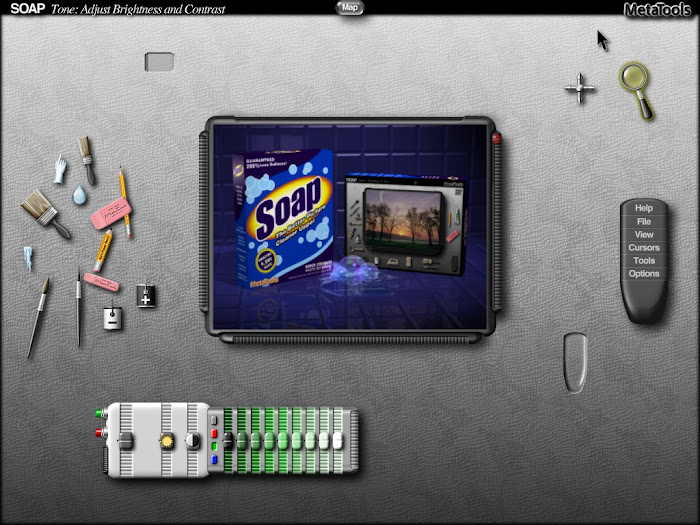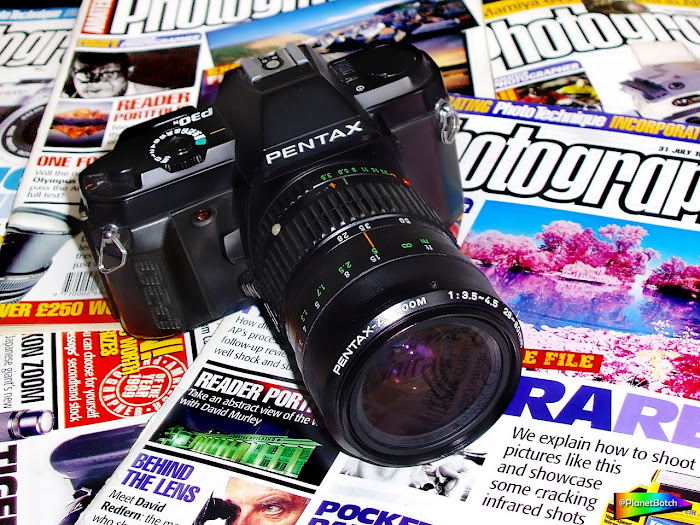If you ever want to illustrate that software development has gone backwards in the past couple of decades, the late 1990s image editing phenomenon of Kai's Photo Soap can happily serve as your Exhibit A.

Over time, image editors have become more and more bloated with options and tools. That’s not such a problem if you’re familiar with the package and know where everything is. But if you’re using an image editor for the first time, a crowded screen of tools, mini-windows and menus is likely to prove a brain-frying experience.
Heading back to the 1990s is one way to find simpler image editors across the board. But if you delve into that vibrant era in photo-editor design history, you find that a brilliant solution to interface overload had been developed early on in the timeline. It just didn’t make it to the forefront of industry protocol, and sadly, it pretty much expired with the decade…


